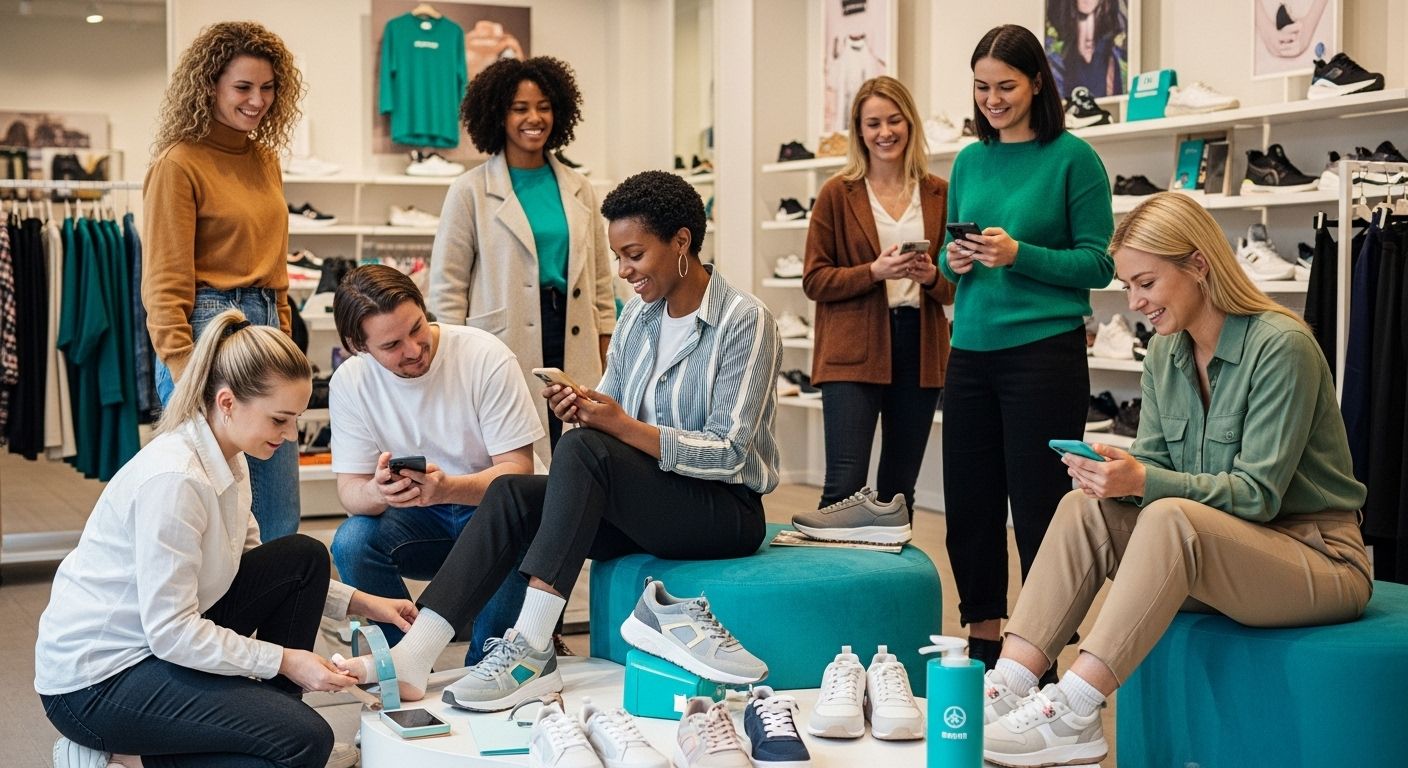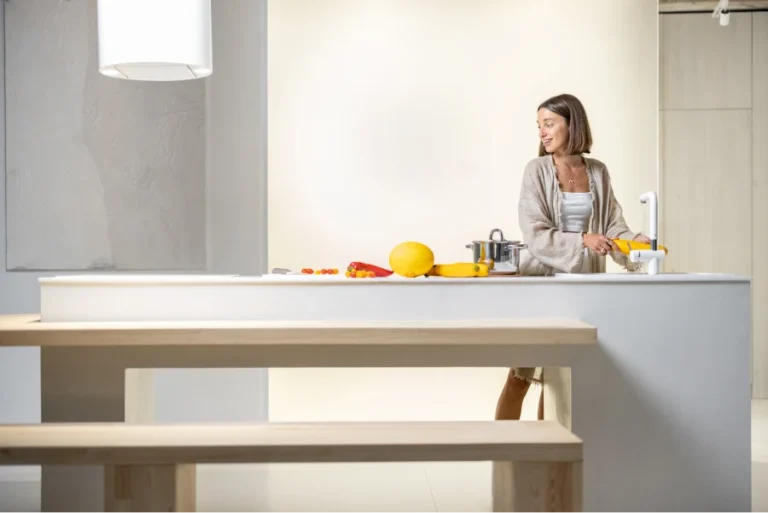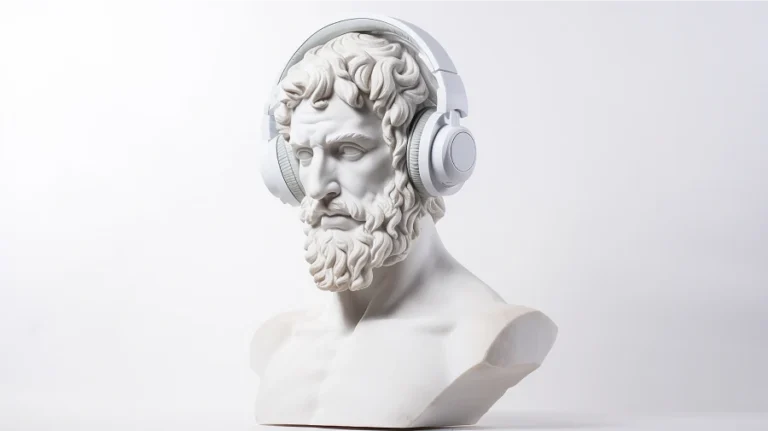-
Shop
- Advanced Technologies
- AI Skills Mastery 2026 Collection
- Arts, Crafts & Hobbies
- Back to School
- Bathroom
- Best-Sellers
- Car Accessories
- Clothing
- Dating & Social Skills
- Digital Resources
- Budgeting & Saving
- Dating & Social Confidence
- Emotional Intelligence
- Entrepreneurship & Business Growth
- Financial Independence
- Financial Mindset & Psychology
- Goal Setting
- Halloween Digital Collection
- Kitchen & Cooking
- Leadership
- Mindfulness
- Motivation
- Nutrition & Healthy Eating
- Positive Thinking
- Productivity
- Self Confidence
- Sleep Improvement
- Smart Amazon Shopping
- Stress Management & Relaxation
- Wellness & Self-Care
- Yoga & Mind-Body Practices
- Education & Learning
- Family & Parenting
- Fashion
- Alexander McQueen
- Bags
- Bags & Wallets
- Balenciaga
- Belts
- Blazers
- Blouses & Shirts
- Bottega Veneta
- Brunello Cucinelli
- Burberry
- Chanel
- Chloé
- Dior
- Dolce & Gabbana
- Dresses
- Etro
- Fendi
- Gucci
- Hats & Hair Accessories
- Hoodies & Sweatshirts
- Jacquemus
- Jewelry
- Jil Sander
- Jimmy Choo
- Keychains
- Kiton
- Luggage
- Luggage Bags
- Men's Fashion
- Miu Miu
- Off-White
- Outerwear
- Prada
- Rick Owens
- Saint Laurent
- Shoe Accessories
- Shoes
- Skirts
- Socks & Tights
- Sunglasses
- Sweaters & Cardigans
- The Row
- Tom Ford
- Tops & Shirts
- Valentino
- Valentino Garavani
- Versace
- Vivienne Westwood
- Watches
- Fashion Accessories
- Furniture
- Gadgets
- Health & Beauty
- Health & Wellness
- Home & Garden
- Home Supplies
- Kids & Babies
- Kitchen
- Kitchen Best-Sellers
- Lighting
- Nike
- Patio, Lawn & Garden
- Personal Growth
- Personal Style & Fashion
- Pet Care
- Pet Supplies
- Pets
- Sport & Outdoors
- Super Deals
- TikTok Growth & Monetization Mastery
- Travel
- Wealth
- Wealth Building
- YouTube Shorts Best-Sellers
7 Must-Know Tips for Choosing Trending Shoes

Finding the perfect pair of trending shoes often feels overwhelming with so many styles and brands competing for attention. Yet over 70% of people wear shoes that are actually the wrong size or shape for their feet, according to recent clinical data. Most are surprised to learn that the secret to choosing the trendiest and most comfortable shoes lies not in style but in understanding your own foot type first.
Table of Contents
- Understand Your Foot Type
- Know Current Shoe Trends
- Prioritize Comfort Over Style
- Set A Budget For Your Purchase
- Research Shoe Brands And Reviews
- Consider The Occasion For Wearing Shoes
- Find Reliable Online Retailers
Quick Summary
| Takeaway | Explanation |
|---|---|
| Understand your foot type | Identifying if you have a normal arch, flat foot, or high arch helps select suitable shoes for comfort and support. |
| Prioritize comfort over style | Shoes that prioritize comfort features can prevent long-term health issues, making comfort essential in your selection process. |
| Set a realistic budget | Allocate 2% to 5% of your net income for shoes to balance quality and financial responsibility effectively. |
| Research brands and customer reviews | Look for authentic customer insights and brand reputation to inform your purchase and ensure quality footwear. |
| Choose shoes for specific occasions | Selecting footwear tailored to specific settings enhances comfort, performance, and personal presentation, ensuring appropriateness. |
1: Understand Your Foot Type
Choosing trending shoes starts with understanding your unique foot anatomy and structure. Not all feet are created equal, and recognizing your specific foot type can dramatically improve your shoe selection process and overall comfort.
Most people fall into three primary foot types: normal arch, flat foot, and high arch. Each type requires different shoe characteristics to provide optimal support and prevent potential foot problems. Research from the Journal of Physical Therapy Science confirms that identifying your foot type is crucial for selecting appropriate footwear.
To determine your foot type, you can perform a simple wet test at home:
- Step onto a surface with a dark, flat color with wet feet
- Examine the footprint left behind
- Analyze the shape and arch impression
Normal Arch: If you see a distinct curve along the inside of your foot with about half the arch showing, you have a neutral foot type. These feet typically distribute weight evenly and can accommodate a wide range of shoe styles.
Flat Foot: When your entire footprint appears solid without a clear arch, you likely have flat feet. Individuals with this foot type need shoes with robust arch support and stability features to prevent potential discomfort.
High Arch: If only a thin line connects your heel and forefoot with minimal middle foot contact, you have a high arch. These foot types require shoes with enhanced cushioning and flexibility to absorb shock and reduce pressure points.
Understanding your foot type isn’t just about comfort. According to research published in the Journal of Orthopaedic & Sports Physical Therapy, foot structure directly impacts body mechanics and can influence potential injury risks.
Knowing your foot type empowers you to make informed decisions when exploring trending shoes, ensuring not just style but also long-term foot health and comfort. Take time to assess your unique foot structure before diving into the latest shoe trends.
2: Know Current Shoe Trends
Staying ahead of shoe trends requires understanding the dynamic world of fashion and consumer preferences. The modern footwear landscape is continuously evolving, influenced by technology, lifestyle changes, and global design movements.
Research from Behavioral Sciences highlights how digital technologies are transforming shoe retail experiences, making trend tracking more accessible than ever. Consumers now have multiple channels to explore and understand emerging shoe styles.
Key shoe trends currently dominating the market include:
- Sustainable Materials: Eco-friendly shoes made from recycled plastics
- Maximalist Designs: Bold colors and exaggerated silhouettes
- Retro Revival: Nostalgic styles from past decades
- Performance Hybrid: Athletic shoes blending functionality with fashion
Comfort remains paramount in contemporary shoe design. Brands are increasingly focusing on ergonomic features that blend style with wearability. This shift reflects changing consumer priorities where aesthetics no longer compromise physical comfort.
Digital platforms and social media significantly accelerate trend propagation. Platforms like Instagram and TikTok serve as rapid trend incubators, with influencers and fashion enthusiasts quickly popularizing new shoe styles. Check out our guide on trending sneaker styles to stay current with the latest footwear innovations.
Consumers today seek versatility. Multipurpose shoes that transition seamlessly between professional and casual settings are gaining substantial popularity. This trend reflects the modern lifestyle where clothing and accessories must adapt to varied environments.
Understanding shoe trends isn’t just about following fashion. It’s about recognizing how footwear reflects broader cultural and technological shifts. By staying informed, you can make confident choices that blend personal style with contemporary design sensibilities.
3: Prioritize Comfort Over Style
In the world of trending shoes, style should never compromise comfort. While fashionable footwear looks appealing, shoes that cause physical discomfort can lead to significant health problems and long-term foot issues.
According to Dr. Tyler Stewart, a foot and ankle surgeon, proper footwear is critical for overall musculoskeletal health. Shoes that pinch, squeeze, or lack adequate support can trigger a cascade of painful complications.
Critical comfort factors to evaluate when selecting shoes include:
- Arch Support: Ensures proper weight distribution
- Cushioning: Absorbs shock during walking
- Toe Box Space: Allows natural toe movement
- Material Flexibility: Accommodates foot expansion
Biomechanical alignment is crucial. Ill-fitting shoes can create problems extending far beyond foot discomfort. Improper footwear may contribute to back pain, knee issues, and poor posture. A shoe that looks stunning but causes pain is ultimately a poor investment.
Consider your lifestyle and daily activities when prioritizing shoe comfort. Professional environments, athletic pursuits, and casual wear demand different comfort specifications. Learn more about selecting versatile footwear that balances style and functionality.
Modern shoe design has evolved to prove that comfort and style are not mutually exclusive. Innovative materials and ergonomic design techniques now allow manufacturers to create shoes that look trendy while providing exceptional support.
Prioritizing comfort means listening to your body. Pay attention to how shoes feel during extended wear. Minor discomfort during initial fitting can escalate into significant problems with prolonged use. Your feet carry you through life’s journey choose shoes that support you every step of the way.
4: Set a Budget for Your Purchase
Budgeting for shoes is more than just picking a price point. It involves strategic financial planning that balances quality, personal style, and economic responsibility. According to Accounting Insights, individuals should aim to allocate 2% to 5% of their net income towards clothing expenses.
When establishing a shoe budget, consider these fundamental strategies:
- Track your monthly income and expenses
- Determine disposable income for fashion purchases
- Research price ranges for different shoe categories
- Set realistic spending limits
Price does not always equal quality. Trending shoes come in various price ranges, and expensive does not automatically mean better. Smart shoppers understand the difference between investing in durable footwear and overspending on brand names.
Breakdown of shoe budget considerations:
- Casual shoes: $50-$120
- Athletic shoes: $80-$250
- Formal footwear: $100-$300
- Designer trending shoes: $200-$600
Consider the cost per wear concept. A slightly more expensive shoe that lasts longer and provides better comfort can be more economical in the long run. Cheaper shoes requiring frequent replacement might actually cost more over time.
Check out our budget-friendly shopping tips to maximize your shoe purchasing strategy. Look for seasonal sales, compare prices across multiple platforms, and don’t be afraid to wait for the right deal.
Remember that a well-planned budget prevents impulse purchases and helps you make thoughtful, financially responsible decisions. Your goal is to find shoes that match your style, comfort needs, and financial constraints without compromising on quality or personal satisfaction.
5: Research Shoe Brands and Reviews
Informed purchasing decisions start with thorough brand and review research. In today’s digital age, consumers have unprecedented access to detailed information about shoe quality, performance, and customer experiences.
Research in the International Journal of Environmental Research and Public Health emphasizes the critical importance of evidence-based information when selecting footwear. This means looking beyond marketing hype and diving deep into genuine user experiences.
Key resources for comprehensive shoe brand research include:
- Professional sports review websites
- Consumer feedback platforms
- Specialized footwear forums
- Professional athlete endorsements
- Independent testing laboratory reports
Authentic customer reviews provide invaluable insights. Look for detailed reviews that discuss:
- Long-term durability
- Comfort during extended wear
- Sizing accuracy
- Performance in specific conditions
- Material quality
Understanding brand reputation goes beyond surface-level aesthetics. Reputable brands consistently demonstrate commitment to quality, innovation, and customer satisfaction. Pay attention to factors like product warranties, customer service responsiveness, and repair policies.
Explore our curated selection of trending sneakers to get a comprehensive view of current market offerings. Remember that the best shoes are those that align with your specific needs, not just the most popular trend.
Digital platforms have transformed shoe research. Social media, specialized review sites, and video platforms offer comprehensive perspectives that were unavailable just a decade ago. Take advantage of these resources to make a confident, well-informed shoe purchase that meets your unique requirements.
6: Consider the Occasion for Wearing Shoes
Selecting the right shoes for specific occasions is more than a fashion statement. It is a strategic decision that impacts comfort, performance, and personal presentation. According to clinical research, choosing appropriate footwear prevents potential foot-related issues and supports overall foot health.
Different occasions demand distinct shoe characteristics. Here are key shoe types for various settings:
- Professional Settings: Leather dress shoes or refined loafers
- Athletic Activities: Sport-specific performance shoes
- Casual Outings: Comfortable sneakers or versatile walking shoes
- Formal Events: Elegant heels or polished dress shoes
- Outdoor Adventures: Durable hiking or trail shoes
Functionality should drive your selection. A shoe that looks perfect but fails to meet the occasion’s practical requirements can quickly become uncomfortable or inappropriate. Consider factors like terrain, duration of wear, and expected physical activity.
Workplace environments often have implicit dress codes that extend to footwear. Creative industries might welcome trendy sneakers, while corporate settings typically require more conservative shoe choices. Understanding these nuanced expectations can help you make informed decisions.
Learn about versatile sneaker styles that can seamlessly transition between different settings. The goal is finding shoes that offer both aesthetic appeal and practical functionality.
Physical comfort remains paramount. Shoes that work perfectly for a two-hour dinner might become unbearable during an entire workday. Always prioritize shoes that provide adequate support, cushioning, and fit for the specific occasion and expected duration of wear.
Remember that trending shoes do not always equal appropriate shoes. A stylish pair might look amazing in your closet but could be entirely impractical for your intended use. Smart shoe selection balances current fashion trends with personal comfort and occasion-specific requirements.
7: Find Reliable Online Retailers
Online shoe shopping requires strategic navigation through numerous digital marketplaces. Identifying trustworthy retailers is crucial to ensuring a secure, satisfactory purchasing experience for trending shoes.
Key indicators of reliable online shoe retailers include:
- Transparent return policies
- Secure payment gateways
- Comprehensive size guides
- Detailed product descriptions
- High-resolution product images
- Customer review sections
- Responsive customer support
Authenticity verification is paramount. Look for retailers that provide:
- Original manufacturer warranties
- Brand authentication certificates
- Traceable shipping methods
- Clear contact information
- Professional website design
- Multiple payment options
Discover expert tips for online shopping to protect yourself from potential digital retail pitfalls. Smart consumers understand that reputation matters more than flashy marketing.
Beware of warning signs that might indicate an unreliable online shoe retailer. Unusually low prices, limited contact information, absence of customer reviews, and poorly designed websites are red flags signaling potential scams.
Utilize multiple verification methods. Cross-reference retailer reviews on independent platforms, check social media feedback, and consult consumer protection websites. Technology offers unprecedented transparency in modern online shopping environments.
Remember that legitimate online retailers invest in user experience. They provide detailed sizing information, multiple product angles, zoom capabilities, and clear return protocols. Your goal is finding a digital marketplace that prioritizes customer satisfaction and product quality.
Below is a comprehensive table summarizing the key steps and considerations for choosing trending shoes, as covered throughout the article.
| Tip/Step | Key Points & Practical Benefits |
|---|---|
| Understand Your Foot Type | Identifying foot arch (normal, flat, high) ensures optimal comfort, prevents injuries, and helps select suitable shoes. |
| Know Current Shoe Trends | Staying updated on styles (eco-friendly, bold, retro, hybrid) helps combine fashion awareness with personal taste. |
| Prioritize Comfort Over Style | Emphasizing arch support, cushioning, and roominess prevents foot pain and long-term issues, not just superficial looks. |
| Set a Budget for Your Purchase | Allocating 2-5% of net income aids responsible spending and maximizes value through cost-per-wear and seasonal deals. |
| Research Shoe Brands and Reviews | Authentic reviews and reputable brands ensure durability, comfort, and accurate sizing for an informed purchase. |
| Consider the Occasion for Shoes | Matching shoes to the setting (work, casual, athletic, formal, outdoor) enhances comfort, function, and appropriateness. |
| Find Reliable Online Retailers | Secure sites, transparent returns, and authenticity checks guarantee a safe and satisfactory online shopping experience. |
Step Into Confidence With Trending Shoes at Mrs. Mattie
Choosing the right pair of shoes is not just about looks. It is about finding the perfect fit for your foot type, staying updated on the latest trends, and experiencing true comfort every day. This article outlined real challenges like struggling with uncomfortable styles, missing out on new designs, and sifting through endless choices. Many shoppers are left worrying about poor support or whether their purchase is actually on trend. Mrs. Mattie makes things easier by matching your needs to what is hottest in footwear right now. Discover options that reflect your style and give you peace of mind.

Ready to make shoe shopping simple and satisfying? Visit mrs.mattie.com today for trending styles, exclusive deals, and expert support. See all our best-selling products and enjoy secure payments, fast worldwide shipping, and new arrivals every week. Find your ideal pair and step out in style and comfort today.
Frequently Asked Questions
How do I determine my foot type when choosing shoes?
To determine your foot type, perform a simple wet test at home: step onto a dark flat surface with wet feet and examine the footprint. Identify whether you have a normal arch, flat foot, or high arch based on the shape left behind.
What should I prioritize when selecting trending shoes: comfort or style?
While style is important, comfort should always take precedence. Shoes that cause discomfort can lead to long-term foot problems. Look for features like arch support, cushioning, and space for natural toe movement to ensure both comfort and style.
How can I set an appropriate budget for buying shoes?
Consider your monthly income and expenses to establish a shoe budget. Aim to allocate 2% to 5% of your net income towards clothing expenses. Research price ranges for different shoe types and set realistic spending limits based on quality and comfort needs.
What factors should I consider when choosing shoes for specific occasions?
Different occasions require different shoe characteristics. For example, athletic activities need sport-specific shoes, while formal events typically call for elegant heels or polished dress shoes. Always consider functionality, expected duration of wear, and comfort for the specific event.
Recommended
Was this article helpful?
Yes
No
Comments
September 29, 2025
[…] Check out our comprehensive guide on choosing trending shoes to understand how shoe selection varies across different settings. The same pair of flare pants can transition from casual daywear to evening sophistication simply by changing footwear. A platform sneaker creates a relaxed streetwear aesthetic, while stiletto heels instantly elevate the ensemble to a more formal, fashion-forward statement. Understanding these nuanced transformations allows for maximum wardrobe versatility and personal style expression. […]









Leave a comment